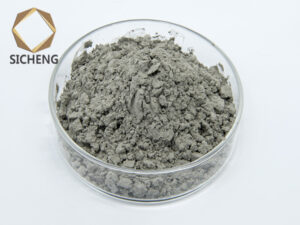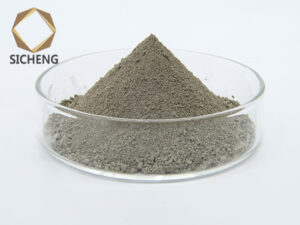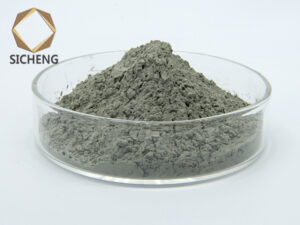Silicon carbide (SiC) is a highly durable and versatile ceramic material that is often used in the production of ceramic foams due to its exceptional properties. Here are some reasons why silicon carbide is suitable for ceramic foam applications:
- High Thermal Conductivity: Silicon carbide has excellent thermal conductivity, which makes it ideal for applications requiring heat dissipation, such as in heat exchangers or thermal insulation.
- Low Thermal Expansion: SiC has a low coefficient of thermal expansion, meaning it maintains its structural integrity over a wide range of temperatures. This is crucial for ceramic foams used in high-temperature environments.
- High Strength and Hardness: Silicon carbide is extremely hard and strong, which contributes to the durability and longevity of ceramic foams made from it. This makes them resistant to wear and erosion.
- Chemical Resistance: SiC is chemically inert and resistant to corrosion from acids, alkalis, and other harsh chemicals. This property is beneficial for ceramic foams used in corrosive environments.
- High Melting Point: With a melting point of around 2700°C, silicon carbide can withstand very high temperatures without degrading, making it suitable for use in extreme conditions.
- Lightweight: When structured as a foam, silicon carbide can be made into a lightweight material that still retains its strength and thermal properties, which is advantageous for applications where weight is a concern.
- Porosity Control: The foam structure of silicon carbide can be engineered to have specific porosity levels, which is important for filtration applications, catalyst supports, and as a substrate for other materials.
- Abrasion Resistance: The inherent hardness of SiC also provides excellent resistance to abrasion, which is important for applications involving particulate matter or flowing fluids.
- Electrical Properties: Silicon carbide is a semiconductor and can be used in applications where electrical conductivity is required, such as in certain types of filters or sensors.
- Refractoriness: SiC’s ability to withstand high temperatures without melting or decomposing makes it an excellent refractory material, useful in furnace linings and other high-temperature applications.
Due to these properties, silicon carbide ceramic foams are used in a variety of industrial applications, including filtration of molten metals, gas diffusion in fuel cells, as catalyst supports in chemical reactors, and in environmental applications for filtering particulates from exhaust gases.



